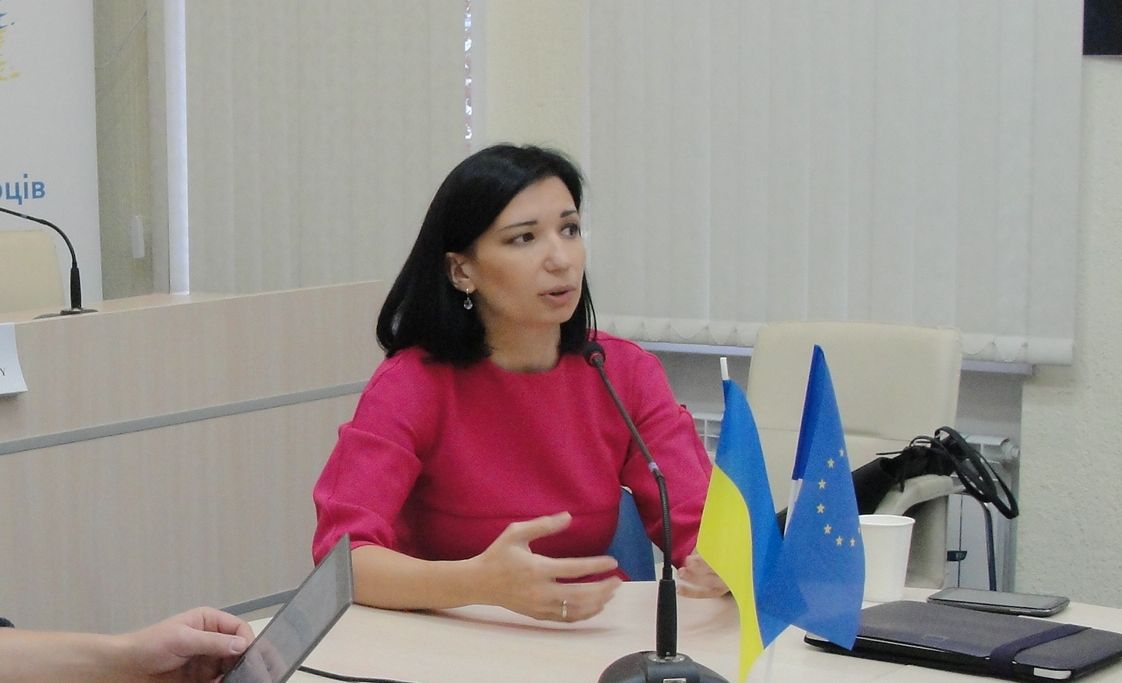

Today, legal grounds are in place for a legitimate rotation of CEC membership by dismissing the 12 current members and appointing 11 new members of the Commission.
However, the choice and submission of new CEC members by the President of Ukraine indicates that only proposals/candidates from certain parliamentary factions and groups were taken into account.
The submission does not include candidates who were officially nominated in advance by parliamentary factions of the all-Ukrainian Association “Batkivshchyna,” “The Opposition Bloc,” and Oleh Liashko’s Radical Party as well as the MP group “Volia Narodu.” Instead, the list of candidates takes into account the proposals from the factions of the parties “Petro Poroshenko Bloc” (5), “The People’s Front” (2), “The Association ‘Samopomich’” (1) as well as the Parliamentary Group “Vidrodzhenia” (1). Two of the 11 candidates (Roman Hreba and Oleh Konopolskyi) were not included in the submissions by parliamentary factions and groups.
Ignoring the representation quota of 3 of the 6 factions and one parliamentary group of Ukraine’s Parliament creates unfavorable conditions for overcoming the crisis of public confidence in the CEC, can provoke political statements, and can also give rise to justified concern about the absence of efficient guarantees for preventing administrative or political interference in the activities of the Commission.
Given the low level of public confidence in the CEC, it was important to ensure parliamentary consensus on CEC membership, gain public support for such processes, and form guarantees on administrative and political noninterference in the work of that body. In return, all of the newly elected CEC members are to lose their political ties with the entities that nominated them for submission by the President of Ukraine.
In view of previous recommendations by leading expert and public organizations about the necessity for taking into account proposals from all the parliamentary factions and groups (no less than one nominee from each faction/group), OPORA notes that the submission is not in line with this recommendation and creates additional risks.
At the same time, the Constitution of Ukraine and the Law of Ukraine “On the Central Election Commission” empowers the President of Ukraine to take an individual decision on the candidates for membership in the CEC, after considering proposals from parliamentary factions and groups in Parliament.
Pursuant to the Venice Commission’s Code of Good Practice in Electoral Matters, the CEC should include representatives of parliamentary political parties or parties that received votes exceeding a certain percentage. Political parties must be equally represented in the election commissions or have the opportunity to observe the activities of the relevant impartial body; in this case equality can be interpreted as absolute (equal representation of parties) or proportionate (having regard to a party’s influence in the Parliament or its electoral weight).
It should be remembered that on June 3, 2016, the President of Ukraine announced his submission of a decree to Parliament which included the dismissal of 12 CEC members (whose terms expired) and 11 new candidates for CEC membership, to replace those who will be dismissed. On June 7, 2016, details of this submission were published on the official site of Ukraine’s Parliament and became accessible to the public and to mass media.
Read more here: www.oporaua.org/en
Subscribe to our
newsletter
Sign up for our monthly newsletter
and receive the latest EPDE news
Subscribe to our
newsletter
Sign up for our monthly newsletter and receive the latest EPDE news